2014 Recipients of C&C Prize

The recipients of the 2014 C&C Prize were selected as shown below.
Group A
>> Group A
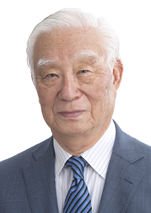
Prof. Shigeo Tsujii Professor, Research and Development Initiatives, Chuo University |
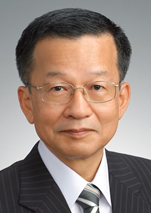
Dr. Hideki Imai Professor Emeritus, The University of Tokyo |
Citation
For Pioneering Research on Information Security and for Major Contributions to both Industry and Human-resources Development by Building Communities of Academics, Industrialists, and/or Government Officials
Achievement
In accordance with the advances in information systems and the Internet, the importance of information security for the protection of information assets from various threats has been increasing very rapidly. However, such security will not be achieved only with the evolution and advances of related technology. Instead, a comprehensive approach is essential, including sophisticated application and use of protection measures by people who have a good understanding of information security.
Prof. Tsujii and Dr. Imai noticed the importance of the field from the initial research stage, and they are known as pioneers of numerous applications of cryptographic research and work aimed at post-quantum computers. Moreover, they contributed significantly to the development of human resources and research areas through the promotion of information security for science through community-building activities and work for the International Organization for Standardization (ISO). As a result, they are being recognized with the 2014 C&C Prize.
Group B
>> Group B
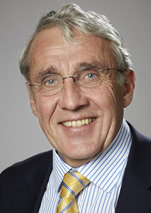
Dr. Jan Uddenfeldt Former CTO, Ericsson and Sony Mobile Communications |
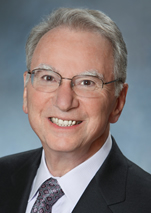
Dr. Irwin Mark Jacobs Founding Chairman and CEO Emeritus, Qualcomm |
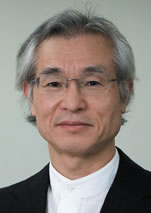
Prof. Fumiyuki Adachi Professor, Tohoku University |
Citation
For Outstanding Leadership and Contributions Promoting the Development and Commercialization of Digital Mobile Communications Systems
Achievement
First-generation (1G) mobile communications services focusing on car phones started around 1980. Aiming at reducing system cost and introducing new Internet-related services, second-generation (2G) digital system appeared in 1990s and spread widely to the general public. In the 2000s, third-generation (3G) digital systems enabled high-speed and advanced data communication services such as multimedia communications. As a result of these advances in mobile communications technology and services, utilizations of services have been explosively growing and are currently an indispensable part of social infrastructure around the world.
Dr. Uddenfeldt, Dr. Jacobs, and Professor Adachi played very important roles in developing and standardizing mobile communications system technologies. This established the foundation for the prosperity of today’s digital mobile communications services. These three recipients have therefore had outstanding achievements and shown remarkable leadership as representatives of each of their regions (Europe, North America, and Asia, respectively). Moreover, they have made these contributions to multiple generations of technologies, including GSM, CDMA and W-CDMA. Their leadership and contributions, however, are not limited to each region, but are global. As a result, they are being recognized with the 2014 C&C Prize.
